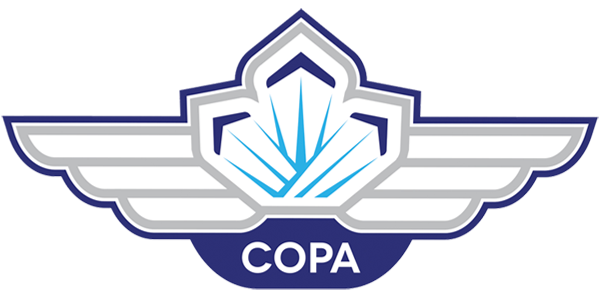February 17, 2022
Luxury Tax, where are we going?
Jon Robinson
— By Fadi El Masry, Director, External Relations, COPA
The nonsensical Luxury Tax, as it was proposed, is supposed to be in effect as of January 1 of this year. Yet here we are in mid-February with no rollout or final guidelines yet announced.
The government was still consulting until December 2, 2021. It is plausible that the consultations with the most impacted stakeholders are still being reviewed (COPA’s feedback submission can be viewed here). However, being over six weeks into the implementation date with no design features announced, the government must re-evaluate not only the implementation date and but several aspects of this new tax including its effect on the even more fragile Canadian economy.
COPA is once again calling on the Canadian government to take the time to evaluate the impact of this tax, its intent and to get it right. We were pleased to see aspects of our original (April 2021) letter taken into consideration (such as exempting flight schools and agriculture operations); however, personal, and recreational flying continues to be targeted unfairly. For example, the threshold for boats is $250,000, while for cars and aircraft, it is $100,000. A $100,000 aircraft is no luxury and does not belong in the same category as a car of the same value.
Pilot training on a non-commercial registered aircraft is common as it helps reduce the high cost associated with flight training. These required training flights occur on private and personal aircraft. Targeting these aircraft will only continue to contribute to the impending pilot shortage.
As pointed out recently in a Globe and Mail article, this tax will not generate the revenue the government is forecasting and will only catastrophically hurt the Canadian aerospace industry, which has suffered a tremendous loss since the beginning of the pandemic.
As the government looks at ways to support a green economy, zero-emissions aircraft are an excellent opportunity to showcase Canada as a trailblazer. The implementation of this Tax on aircraft valued at over $100,000 will abolish any prospects Canada might have as a Global leader.
COPA has worked with our industry partners and sister associations to advocate for a just and equitable tax that does not single out members of the aviation community. COPA will continue to advocate for the aviation community and work with all our stakeholders to reach that goal. The baseline must be increased, the carryover tax for exempt aircraft should be eliminated and the process must be simplified.
The Canadian aviation industry can significantly contribute to the Canadian economy as we recover from the devastating effects of COVID-19. We are continuing our outreach efforts to the Canadian government and are hopeful that we will be able to continue to collaborate on the development of the guidelines that are in the best interest of all Canadians.
(Photo: AdobeStock)
